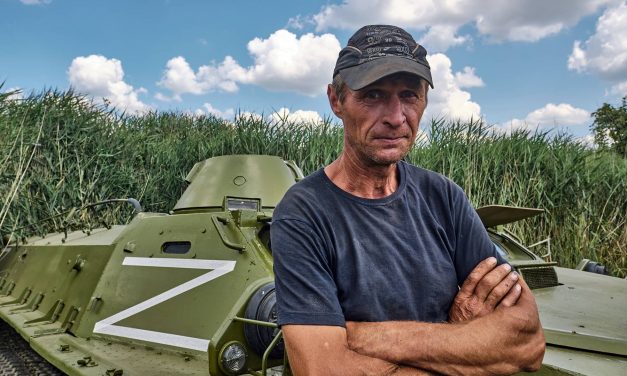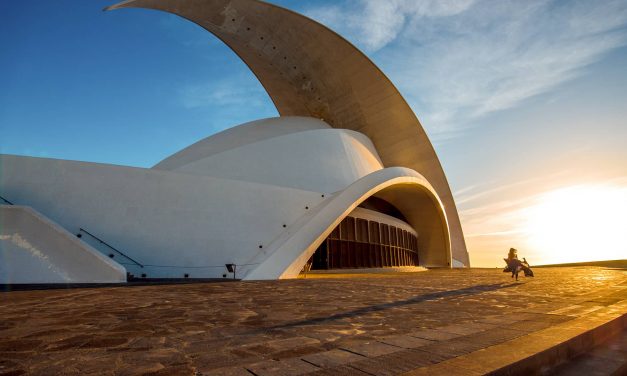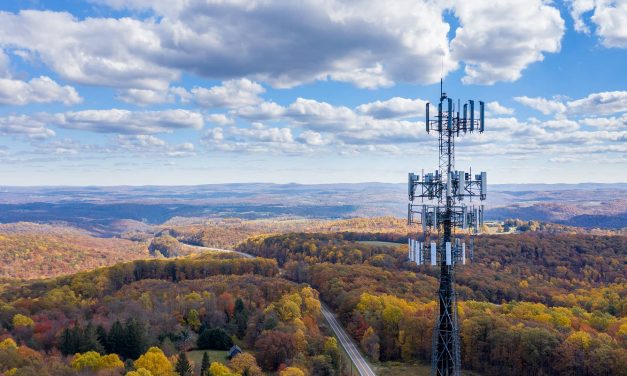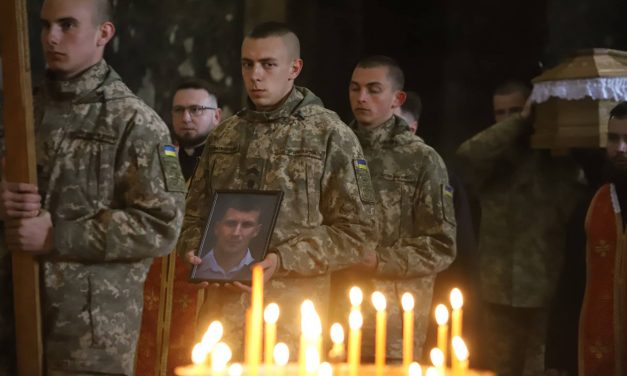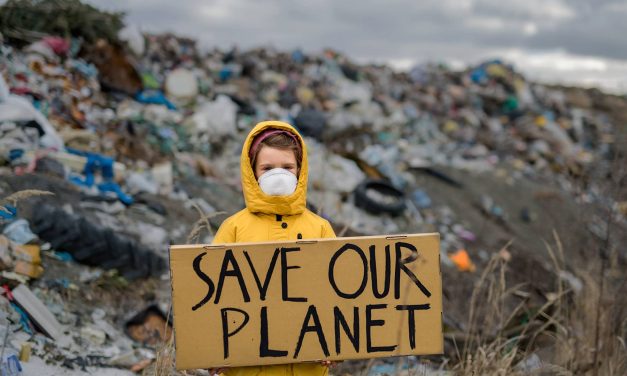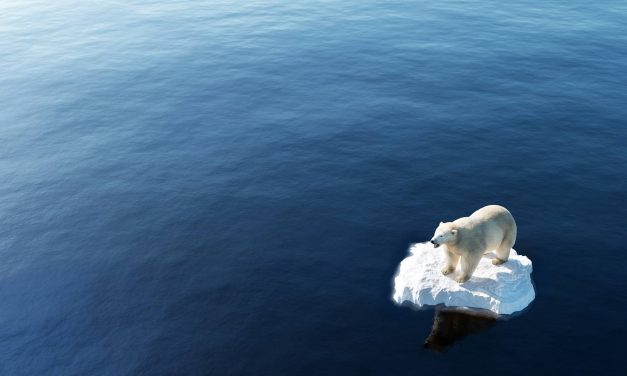Running short on soldiers: Why Putin continues to ignore Russia’s staggering losses on the battlefield
By Alexander Hill, Professor of Military History, University of Calgary Ukrainian President Volodymyr Zelenskyy said Ukraine recaptured thousands of square miles of territory from Russian forces in a matter of days in a counteroffensive near Kharkiv. Kyiv has since been celebrating this battlefield success. Ukraine conducted offensive operations in the south that were a successful ruse to draw Russian forces away from the Kharkiv region. In Moscow, President Vladimir Putin’s government remained silent as the events unfolds, although Russian state media acknowledged Ukrainian successes. While there may be good military reasons for secrecy, Moscow’s claim that the retreat of...
Read More
